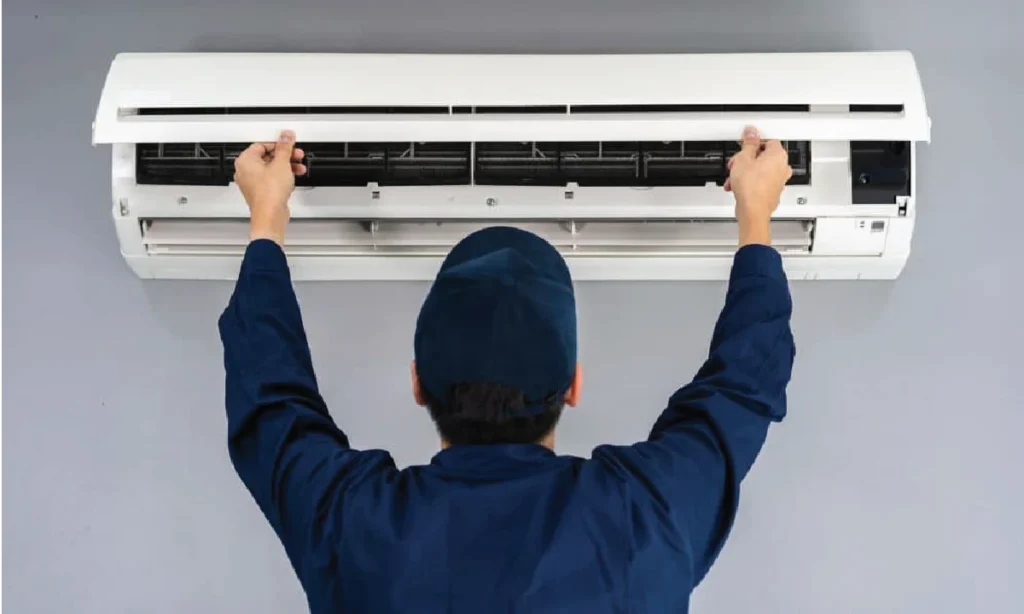Canadian manufacturing industry is an active sector of employment, innovation, and economic development. Manufacturing in 2025 also employs more than 1.9 million individuals, which is about 9 percent of the national workforce. A range of support jobs that are essential to the effective production, quality assurance, and operations is the backbone of the sector. This paper gives a detailed description of manufacturing support jobs in Canada including job responsibilities, industry trends, and skills needed, career growth, and job opportunities in the changing market.
Understanding Support Roles in Manufacturing
Support manufacturing jobs are diverse and include various offers that facilitate a seamless, secure, and uninterrupted production process in factories and plants. Such jobs are:
- Warehouse Help
- Material Handler
- Quality Control Assistant.
- Technician of production support
- Manufacturing Technician
- Maintenance Assistant
- Warehouse Support
Support staff makes sure that assembly lines are operating effectively, machines are in work, materials are moving smoothly, and finished products are of good quality.
Types of Support Roles & Typical Duties
1. Production/Factory Helper
Factory helpers are a gateway to manufacturing: they do the most basic operational jobs:
- Helping machine operators and assembler
- Packaging, labeling and stacking of products
- Cleaning and organizing work places and equipment.
- Loading, unloading and transporting raw materials
- Moving, carrying and placing heavy objects
- Reporting of problems or faults to authorities
The majority of the entry-level jobs do not involve any formal training, and training is offered on-the-job.
2. Material Handler and Warehouse Support
The material handlers concentrate on the logistics within the plant:
- The process of stock and inventory management
- Handling the materials within the facility
- Packing and unpacking of goods and other cargo Preparing shipments and receiving deliveries
- Forklifts, or conveyor systems- operation with training (Fitter or operating technical)
3. Quality Control and Production Support Technician
Quality assistants and support technicians assist in ensuring that the finished products are up to regulation and the company standards:
- Checking of goods
- Data recording of production
- Promoting the quality audits and part sampling
- Calibration of and maintenance of general equipment
Other jobs, such as Production Support Technician, frequently demand a college diploma in a technical discipline or the same amount of experience. Some specialized fields, such as electronics, industrial engineering, require certification and requirements differ by province.
4. Maintenance and Technical Support
Maintenance assistants and junior technicians ensure that machines and systems are moving along well:
- Conducting regular equipment repairing activities
- Helping to fix and diagnose problems
- Assistance of technical personnel in the event of breakdowns
- Recording and log services and safety checks
Skills and Qualifications
Although some of the support roles can be accessed by individuals with little experience, there are others that need special skills or education. It is common that:
- Physical endurance to stand, lift and repeat work
- Concern to details to detect defects or errors
- Communication and teamwork to work efficiently
- Security consciousness and capability of adhering to regulations
- Technical skill in jobs that deal with machinery or electronics
- In more advanced technician positions, a 1-3 year college course in a related technology or engineering program and in some cases certification may be needed, particularly in regulated provinces.
Manufacturing Support Job Market in Canada
Sector Outlook
In the manufacturing sector in Canada, there is:
- High demand of entry level and support jobs in various sectors like automotive, food processing, aerospace, green technologies and others.
- The issue of labour shortage is also a problem particularly among production helpers and machine operators. Major hiring centers include Quebec, Ontario and Western Canada.
- The total number of support and production-related job openings (active in the first half of 2025) was more than 14,000, which indicates strong demand.
Wages and Working Conditions
Wages may be higher in unionized plants or for specialized technical support roles.
| Job Title | Entry-Level Hourly Wage (CAD) | Experienced Hourly Wage (CAD) |
| Production/Factory Helper | $17 – $21 | $21 – $25+ |
| Material Handler | $18 – $23 | $23 – $27+ |
| Quality Control Assistant | $19 – $25 | $25 – $32+ |
| Support Technician | $22 – $29 | $29 – $38+ |
Support staff have shifts, nights and weekends. Factories are not dangerous in general due to the high standards of health and safety rules, but work leads to good physical condition and attentiveness.
Examples of the In-demand Support Sectors
- Automotive Manufacturing
- The South Ontario and major industrial centers are the most active in recruiting support workers as they have high production and are integrated into the American market.
- Food and Beverage Processing
- Stability and consistent employment since this subsector offers basic commodities.
- Green manufacturing and Aerospace
- Increase in cleaner technologies and aviation leads to the recruitment of technical support and quality control personnel.
- General Manufacturing
- Support jobs in plastics, machinery and electronics are in demand across all provinces, though most in Ontario and Quebec.
Trends Impacting Support Roles
- Automation and Robotics: Routine, routine tasks can be replaced by an automated task but there is a shift in the support role wherein the job description is becoming increasing technical and problem solving oriented. Employees who can fix the automation or assist in data-based production will have increased opportunities.
- Upskilling & Certification: The government and employers are spending in continuing education in order to keep up with the transformation to advanced manufacturing.
- Wage Rises: There have been wage increases in specialized support jobs as there is a competition of skilled labor.
- Diversity & Pathways: A lot of employers have LMIA-supported pathways that are provided to newcomers and international workers, and they are trained.
How to Advance in Manufacturing Support
- Begin at the bottom-level as a helper or material handler.
- Seek further education or college diploma in manufacturing, industrial engineering technology or specialty.
- Consider provincial associations to get certification in case of technical or regulated positions.
- Take initiative- many of the support staff transition into supervisory, coordinator or skilled trades positions with experience.
Job Seeker Resources
- There are thousands of support and manufacturing jobs available in Job Bank Canada and major job boards such as LinkedIn and Indeed.
- Employer websites and recruitment agencies of key manufacturing areas are still active.
Conclusion
The manufacturing support positions are an opportunity to a secure and rewarding profession in the industrial sector of Canada, which constantly develops and changes. Regardless of whether you are new to the job market or want to move up, there are numerous opportunities to be found in provinces, industries, and levels of skills. With the industry adopting new technology and experiencing constant labour shortage, experienced and flexible support personnel will be in demand until 2025 and beyond.



